Switzerland returns to Afghanistan despite Taliban recognition issues
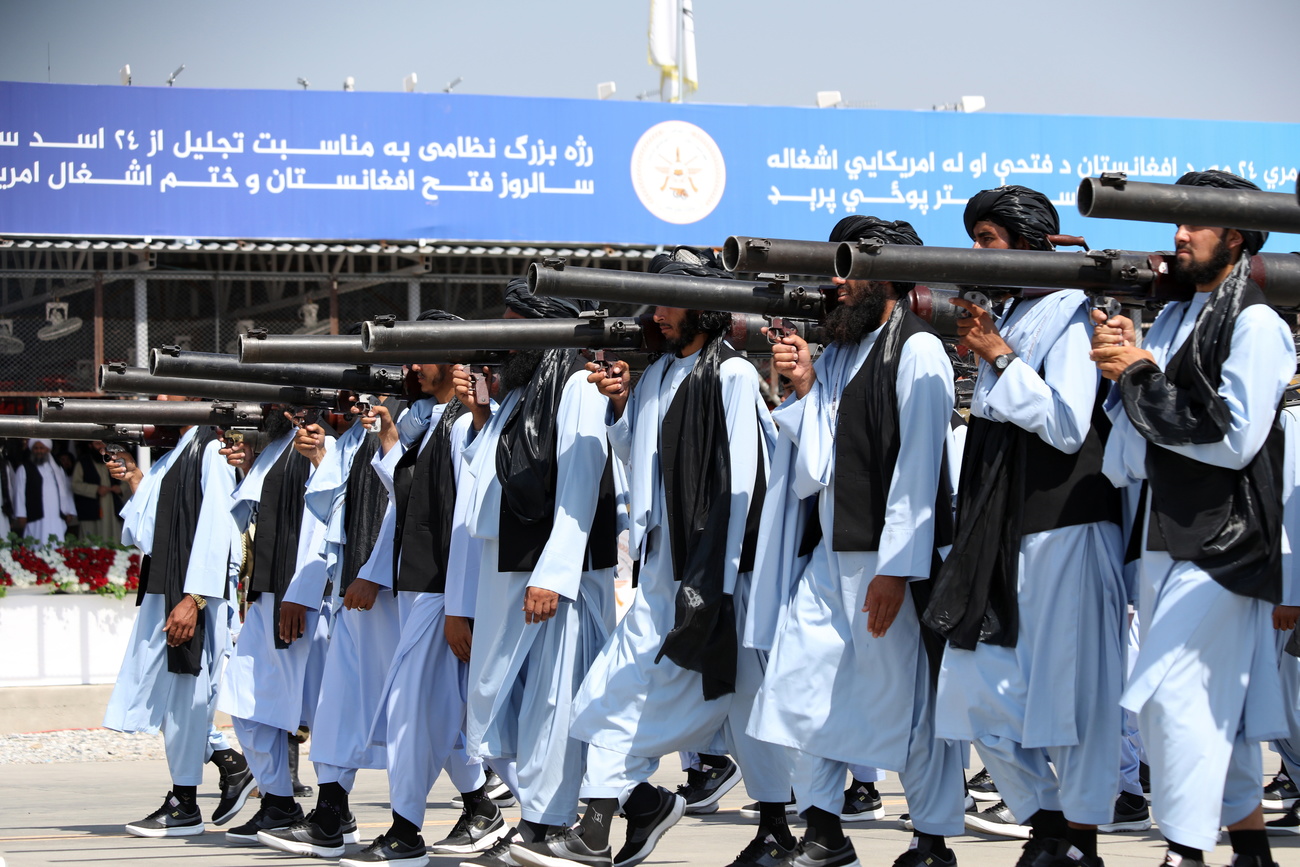
Political isolation of the Taliban by the international community has failed. It is the Afghan people, in particular girls and women, who are suffering from sanctions. Many states are now softening their policy and communicating with the Taliban, at least for humanitarian purposes. Switzerland is one of them. What exactly is going on?
It was a dramatic turning point, the images of which are still etched in our memories today: thousands of people storming the tarmac of Kabul airport in summer 2021, trampling each other in desperation and clinging to the wings of planes taking off. Within days, the Taliban had wrested back control of Afghanistan after nearly two decades, while the international community beat a hasty retreat.
To date, no country in the world has officially recognised the new rulers, which once more hold Afghanistan in an iron grip. Right after the takeover, the world community agreed to isolate the regime internationally. Since then, official recognition and the establishment of diplomatic relations have been tied to respect for human rights, especially those of girls and women, and the formation of an inclusive government.
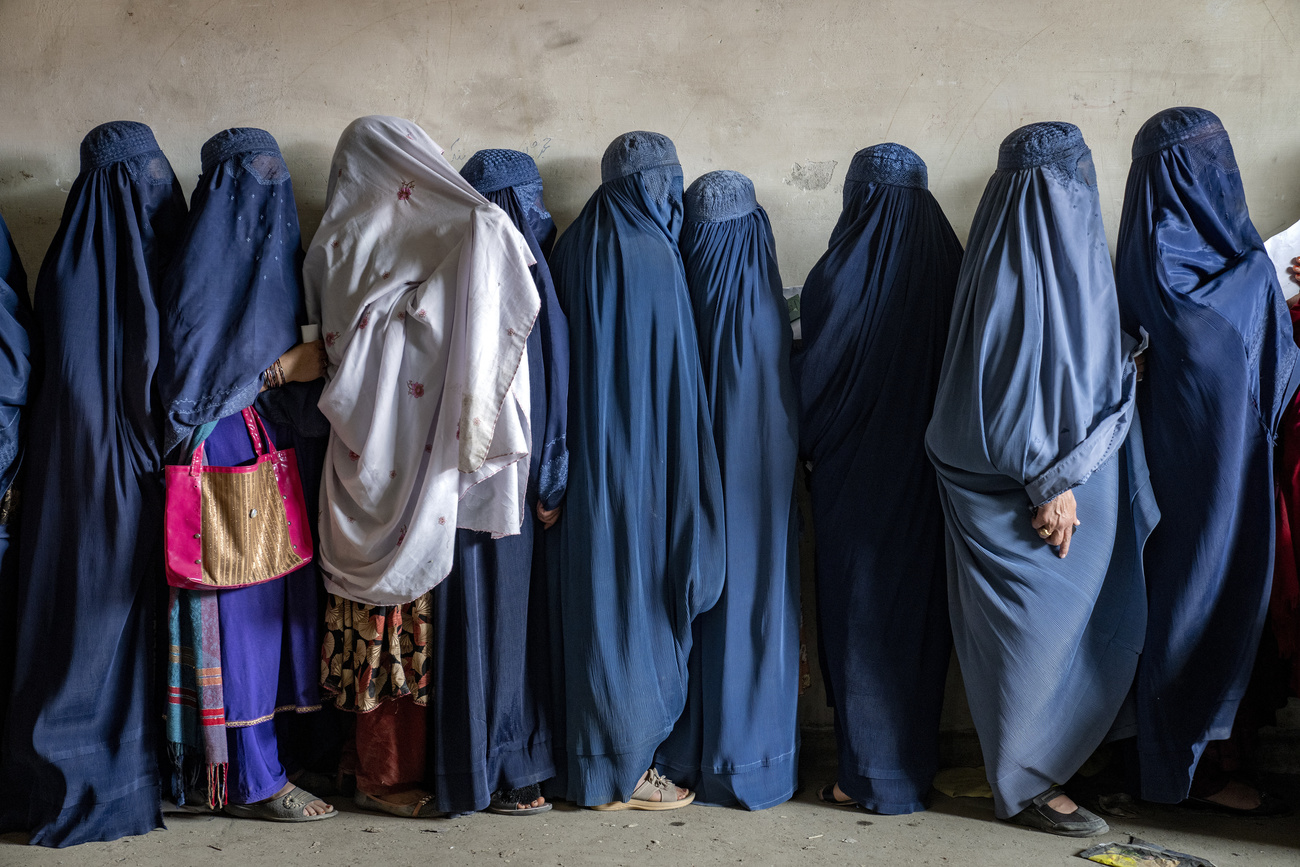
Taliban’s isolation is crumbling
Three years on, this consensus is showing signs of erosion. While many Western states still staunchly oppose any relations with the Taliban, a growing number of governments are establishing official or informal contacts with them, according to research published by the Washington Institute for Near East Policy. These include not just Russia and China but also Western states such as Norway and the United Kingdom.
As for Switzerland, it is set to become one of the first European countries to return to Afghanistan, thanks to plans to reopen the former office of the Swiss Agency for Development and Cooperation (SDC) this autumn, to coordinate humanitarian aid.
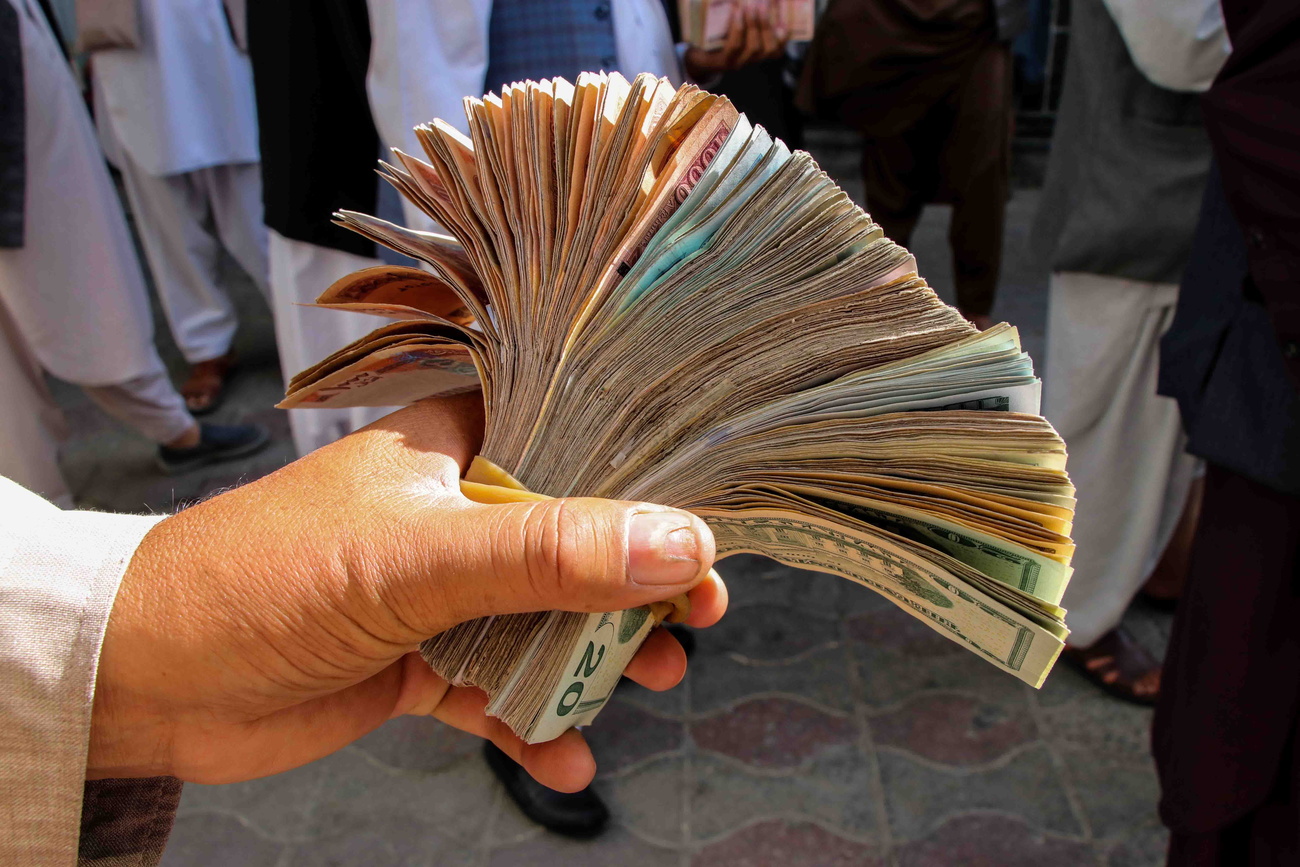
More
How a portion of Afghanistan’s foreign reserves ended up in Geneva
After the Taliban seized power in August 2021, the SDC closed its offices in Afghanistan and evacuated its staff to the Pakistani capital, Islamabad. Now, four members of the Swiss Humanitarian Aid Unit are to be stationed full-time in Kabul to oversee the implementation of SDC-funded projects in the country. Up to now, the agency has been working mainly with multilateral and international organisations such as the UN and the World Bank, as well as international and local NGOs.
+ Why the ICRC remained in AfghanistanExternal link
With this step Switzerland could prove to be a trailblazer in Europe, while countries such as France and Germany have remained firmly opposed to direct involvement on the ground and further curtailed their aid. Germany recently announced the complete withdrawal of its state development organisation, GIZ, by 2025, which up to now has continued its activities in Afghanistan with local staff only.
Three years after regaining control, the Taliban’s policies represent a growing dilemma for governments. Despite years of efforts by Western diplomats, the regime has so far shown little willingness to compromise. On the contrary, the government under Emir Hibatullah Akhundzada has pursued its radical course with increasing rigour. In August it issued a new “virtue law” with even stricter rules of dress and conduct, aimed mainly at women and girls. Both are still barred from attending secondary schools and universities.
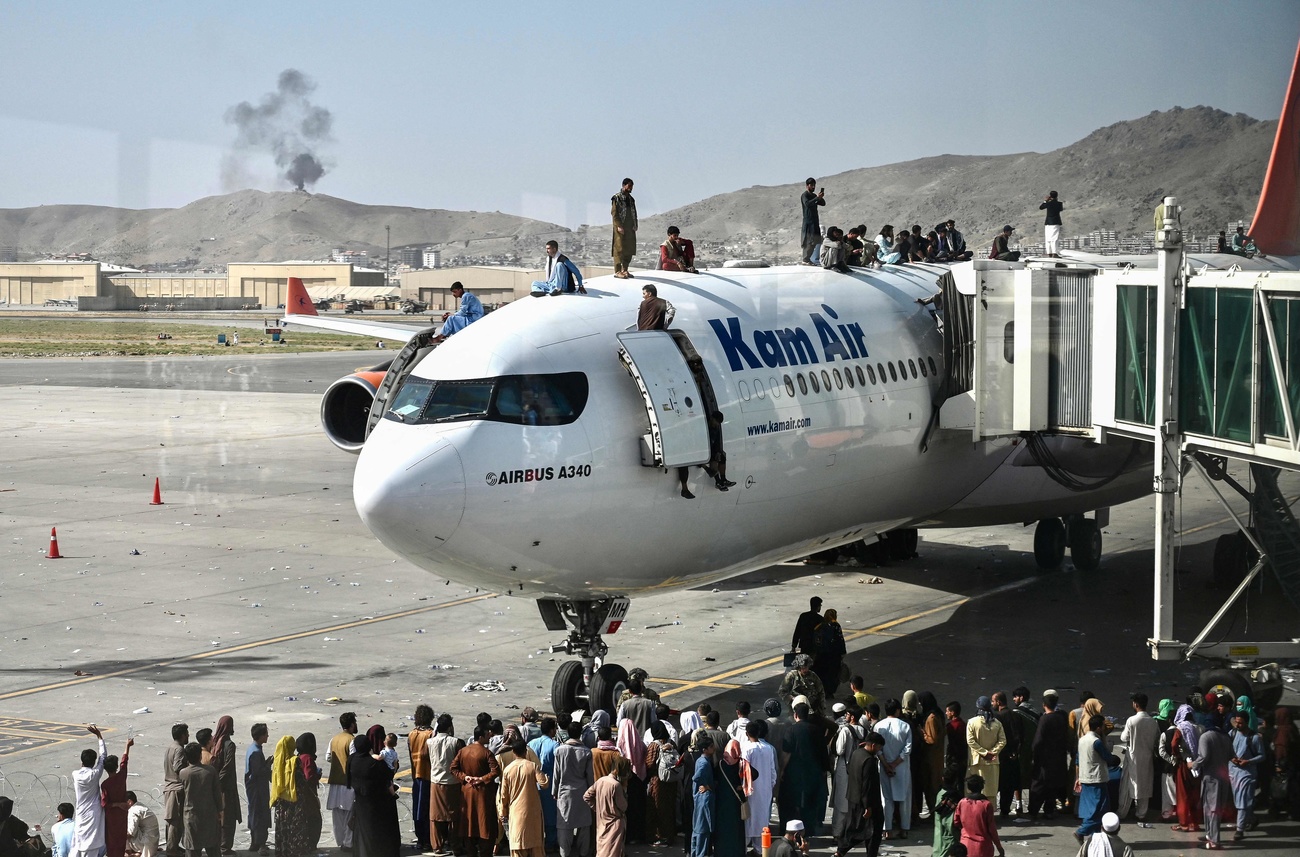
Girls especially go hungry in Afghanistan
The situation in Afghanistan was not properly assessed from the outset to develop an effective strategy, according to Reinhard Schulze, Islamic studies scholar and former director of the Middle East Institute in Bern. While the Taliban government has always viewed any criticism as a violation of its sovereignty, he says, the international community has put a spoke in its own wheels with the sanctions and restrictions against it. Although politically necessary in order not to legitimise the regime, the measures are counterproductive from a societal point of view, as they undermine the sustainability of humanitarian aid in the long run.
Continuing a policy of isolation could have far-reaching consequences for the Afghan population above all. Cut off from international banking and subject to financial restrictions, the Afghan economy has not yet recovered from its collapse, while hundreds of thousands of young people flood onto the labour market each year.
The country is today facing one of the world’s biggest humanitarian crises. According to UN figures, more than one third of the 40 million Afghans could suffer from food insecurity this year. The mortality rate for girls is almost 90% higher than for boys, the organisation Doctors Without Borders reports.
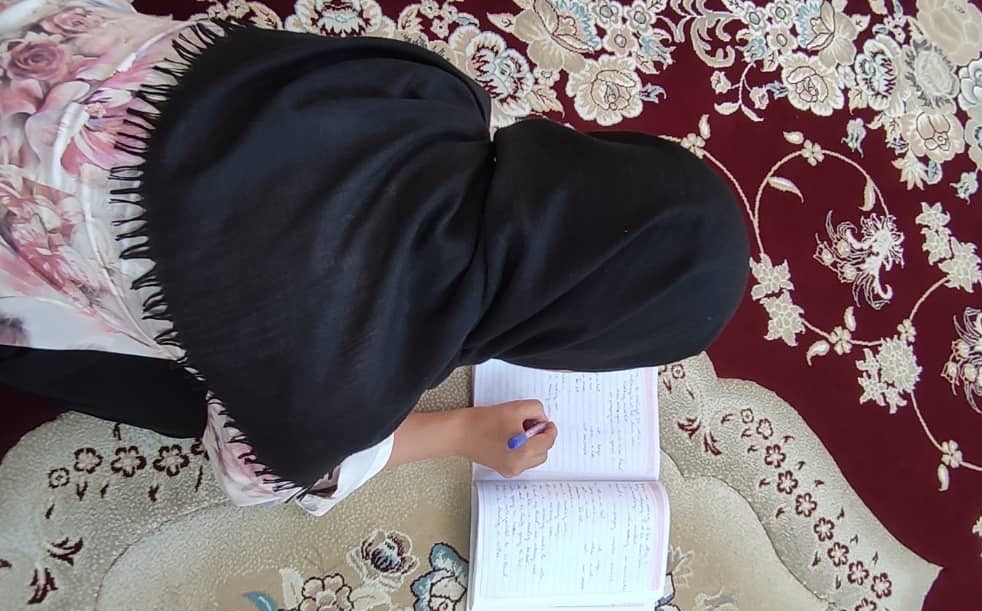
More
How distance learning keeps Afghan girls’ education hopes alive
In parallel, international aid funding has been slashed. At the beginning of the year the UN set its donation target at just under $3.2 billion (CHF2.7 billion), but only one quarter of this has been raised so far.
Although Swiss funding also dropped significantly after the takeover, from just under CHF60 million in 2022 to around CHF24 million this year, Switzerland is still a major humanitarian player in the country.
Taliban are playing for time
The Taliban have long realised that their government will not receive official recognition from the international community in the long term, according Afghanistan expert Ibrahim Bahiss at the international think tank Crisis Group. The regime’s ideology and interpretation of Islam are too much at odds with fundamental values such as the UN Charter on human rights. But, the specialist adds, the Taliban are also playing for time, as they know full well that many states – especially their immediate neighbours – will have no choice sooner or later than to establish at least informal relations for security and economic reasons.

More
Our weekly newsletter on foreign affairs
The UN has also been striving to follow a more pragmatic approach to the new government in Kabul. In early July it invited the Taliban for the first time to official talks with special envoys from 20 nations in the Qatari capital Doha, to discuss, among other things, opportunities for economic cooperation, for example in the private sector. It is hoped the meeting will signal the start of a process gradually leading to the reintegration of the isolated country in the international system, in order to help the Afghan people in the long term.
Engaging with the Afghan government is not uncontroversial, however. The run-up to the talks was beleaguered by fierce criticism. A group of the main donor countries, including France, Germany and the United States, sent a letter to UN headquarters in New York threatening to boycott the meeting or limit their participation. They demanded that the voices of Afghan civil society be heard as well as the Taliban and that the human rights situation in the country be included on the agenda – conditions that the Taliban categorically reject. A meeting planned for last February fell through because of this.
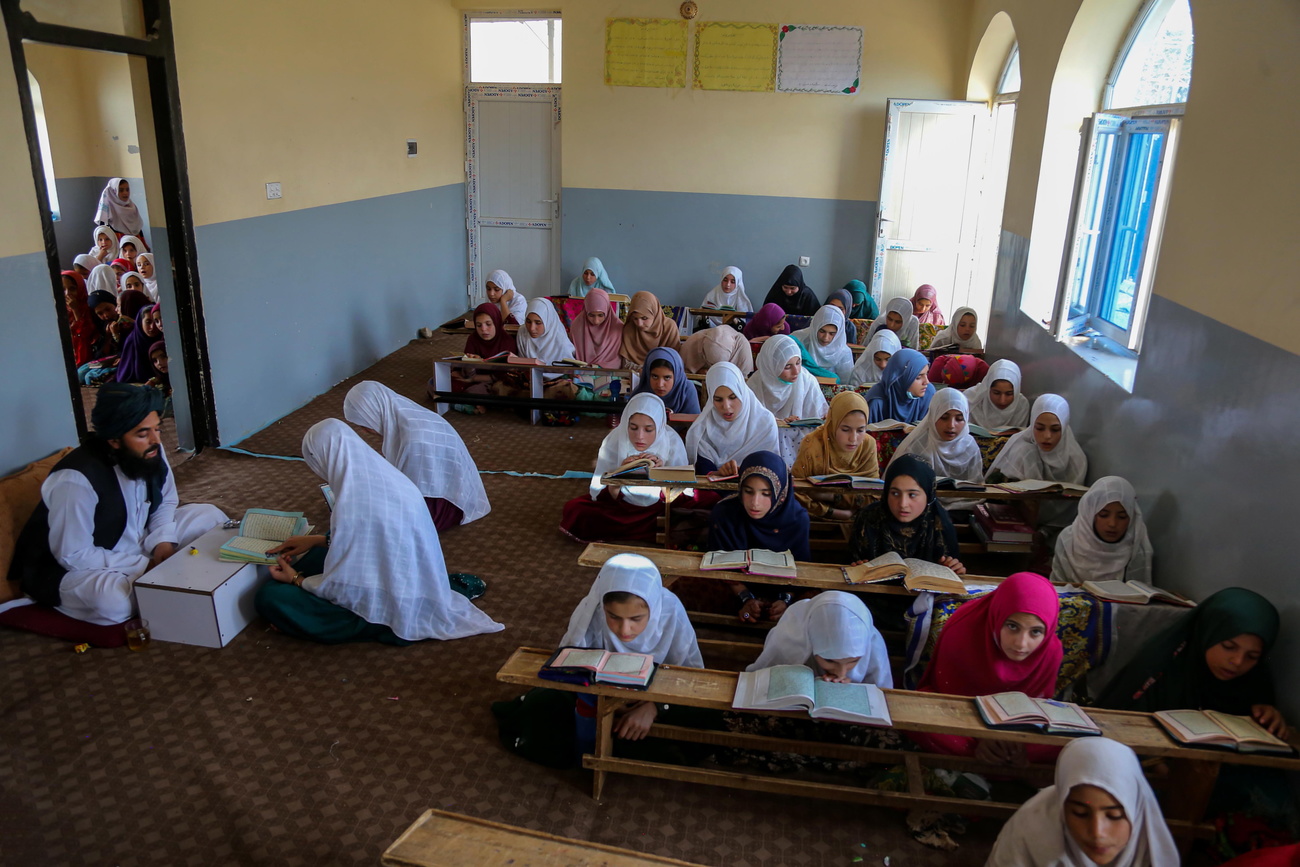
Swiss middle course a possible solution
With the opening of the SDC office this autumn, Switzerland may succeed in steering a middle course, expanding its humanitarian aid on the ground while keeping its embassy closed for political reasons. Its staff are authorised to establish contact with the Taliban to a limited extent, to discuss humanitarian aid issues.
Martin Hongler, vice president of the Swiss private aid organisation Afghanistanhilfe, which has been working in Afghanistan for decades, backs the SDC’s decision to return to the country. The SDC has already helped implement projects there in the past, he says, for instance supporting a health centre. “It is hard to provide aid and assess the situation if you are not actually on the ground,” he says. Moreover, it is an illusion to think you can help the people without the Taliban authorities being involved or indirectly benefiting. He concludes, “people should not be denied help just because they have the wrong government”.
Edited by Marc Leutenegger. Adapted from German by Julia Bassam. Subbed ds
More

In compliance with the JTI standards
More: SWI swissinfo.ch certified by the Journalism Trust Initiative









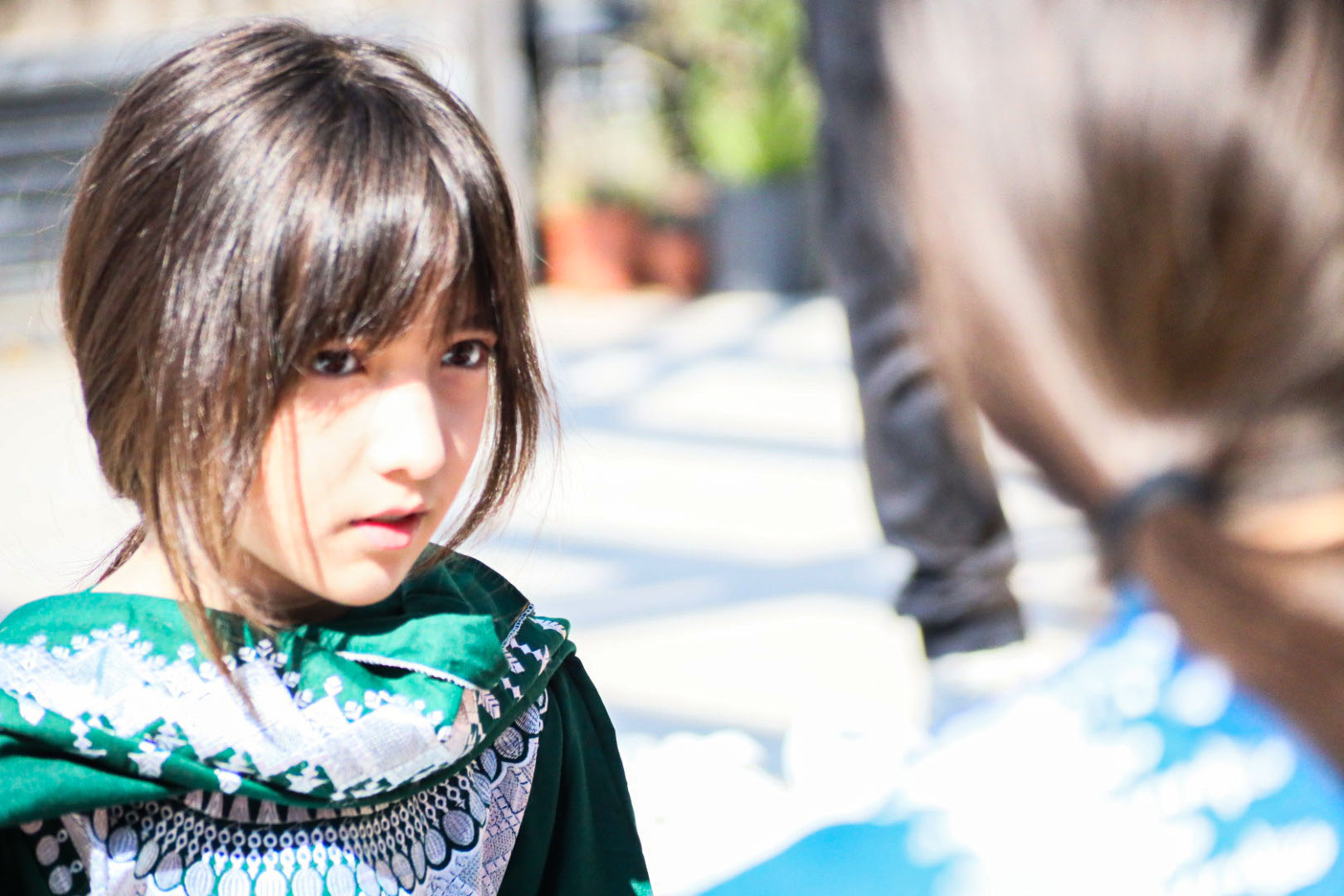

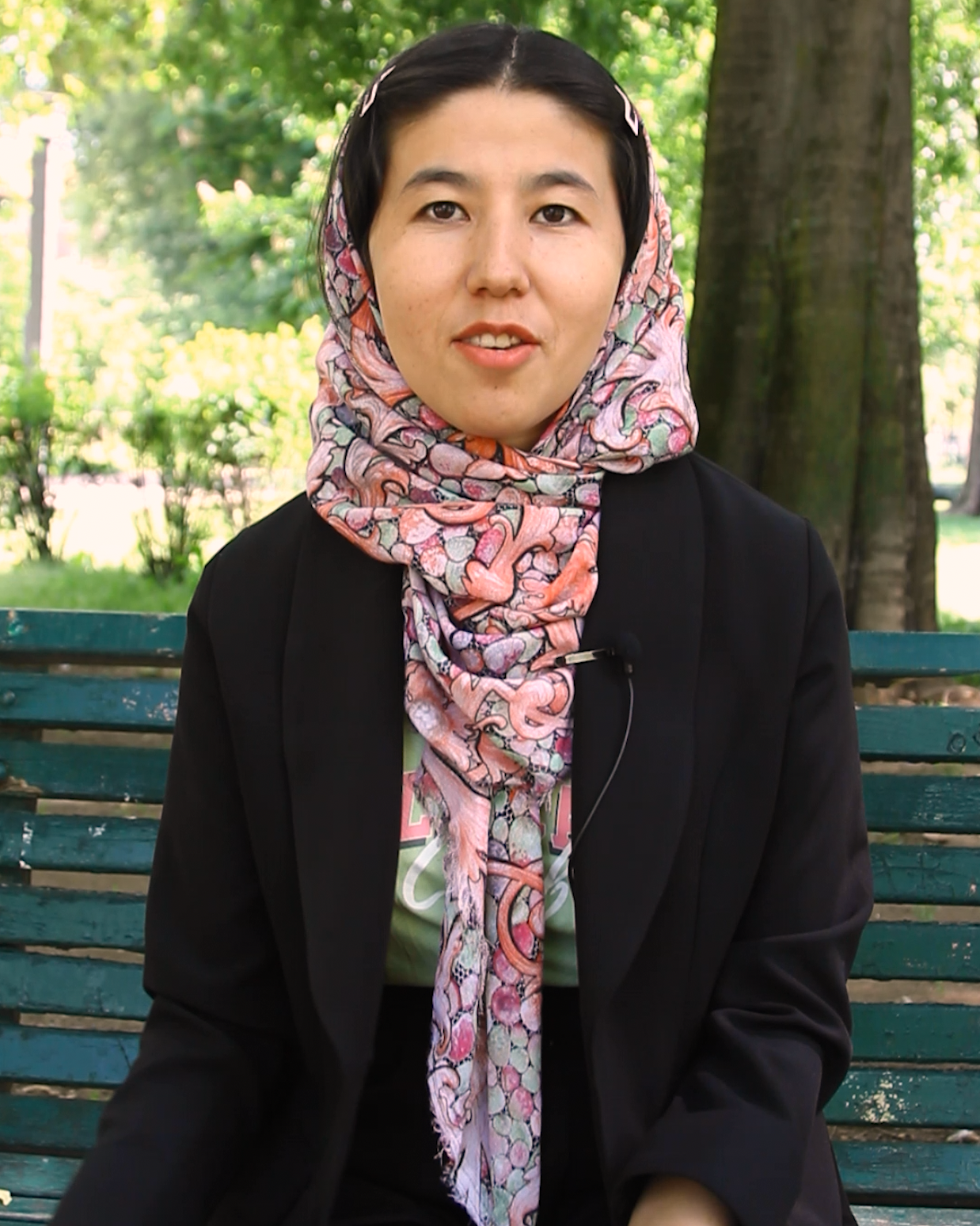
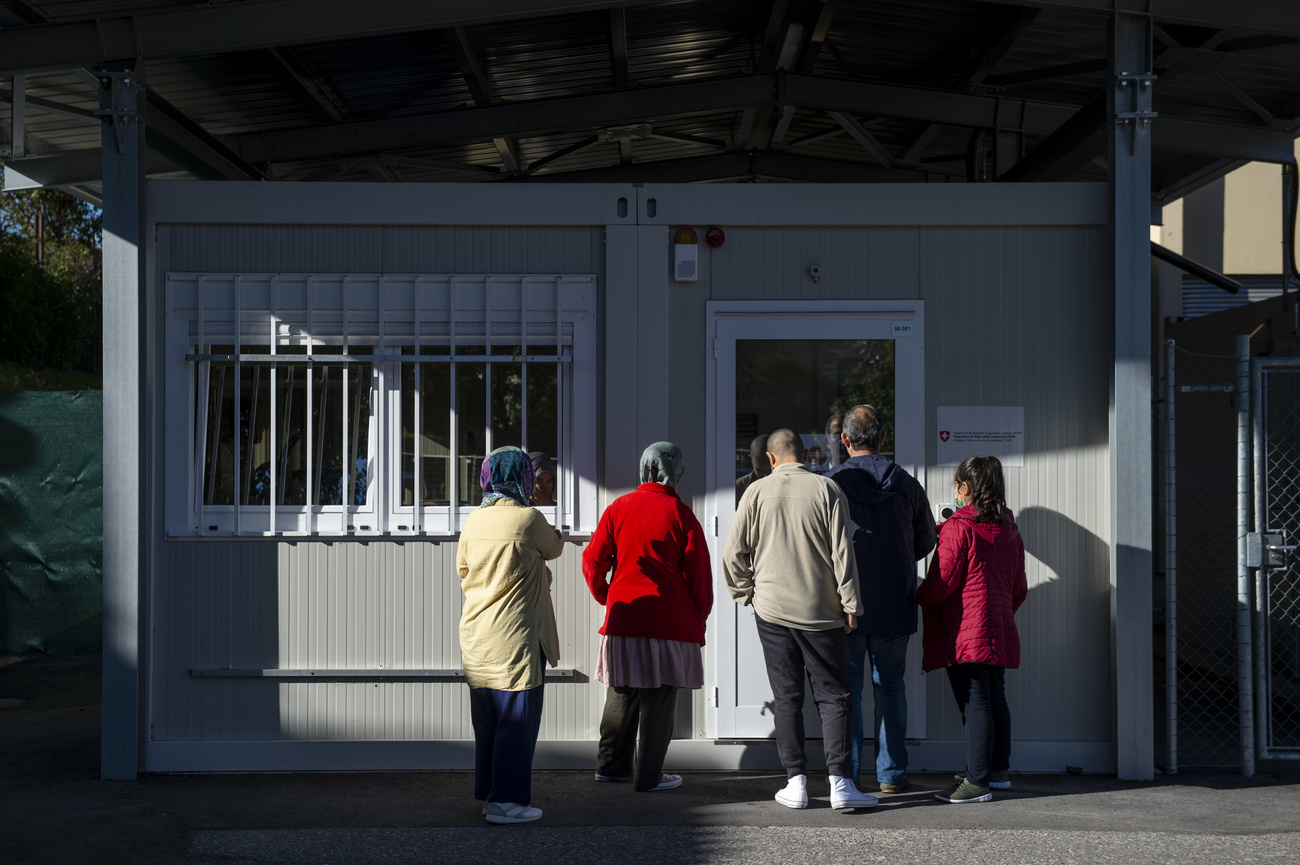
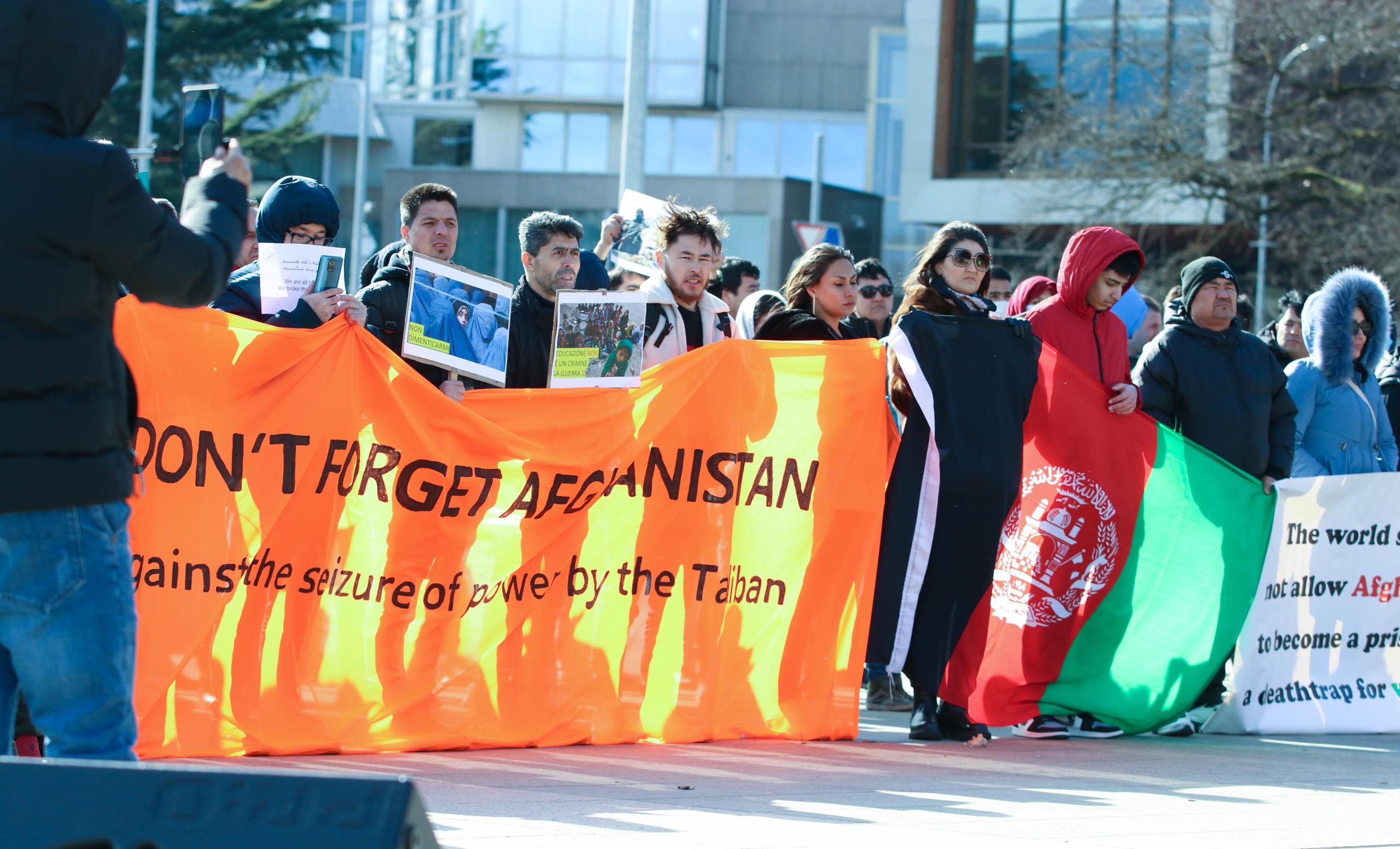
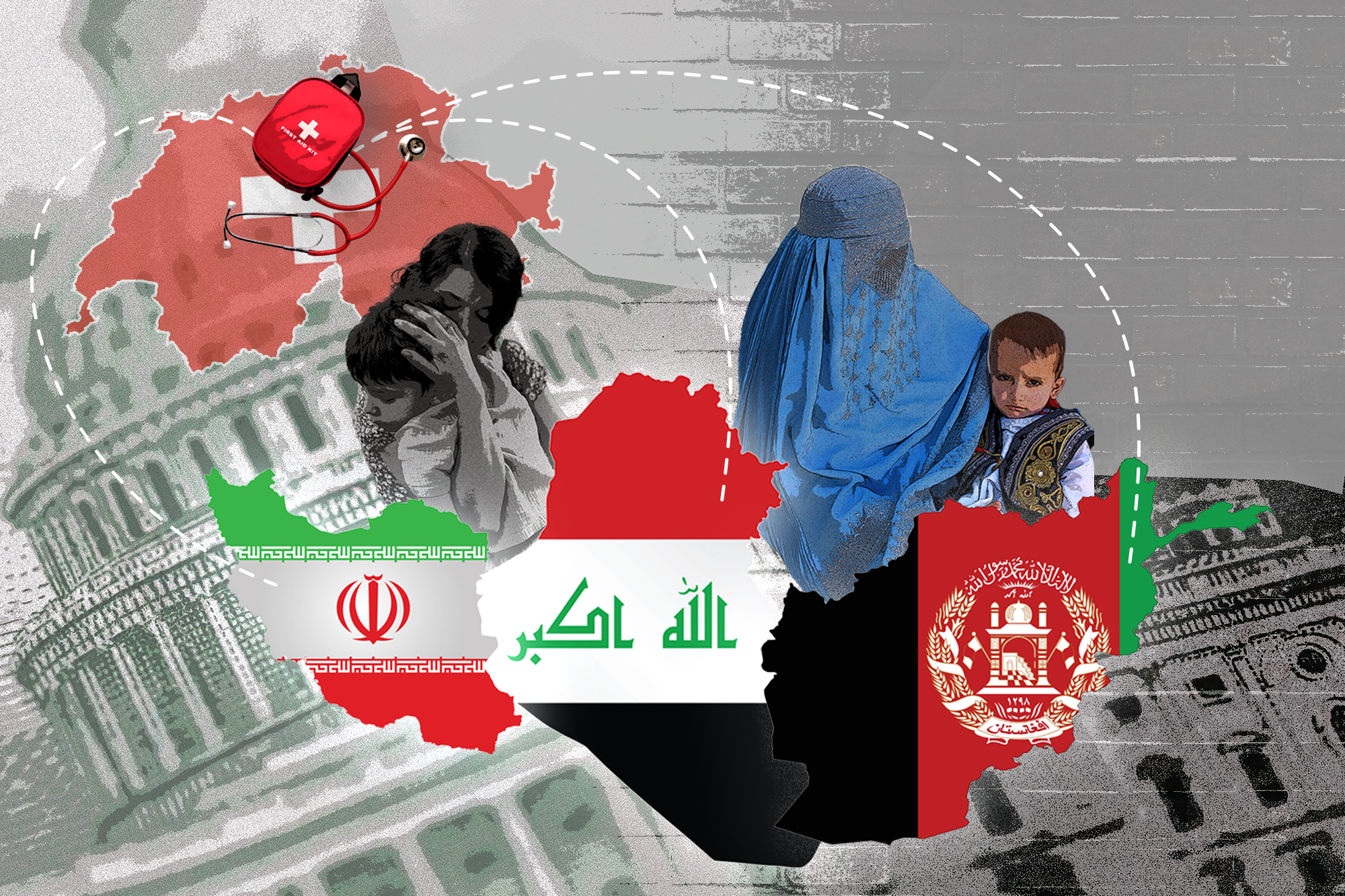
You can find an overview of ongoing debates with our journalists here . Please join us!
If you want to start a conversation about a topic raised in this article or want to report factual errors, email us at english@swissinfo.ch.